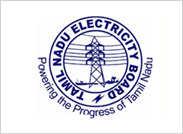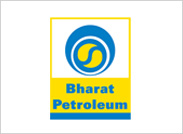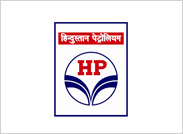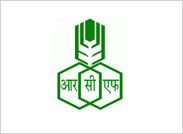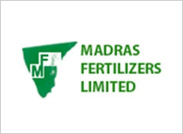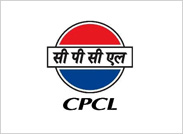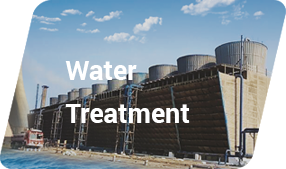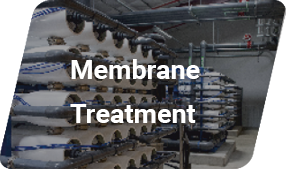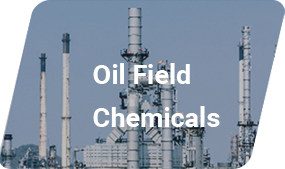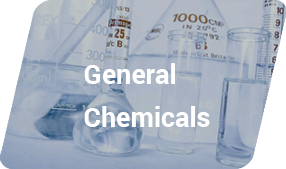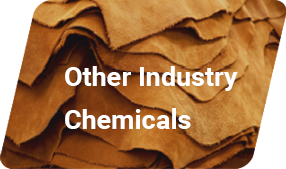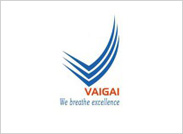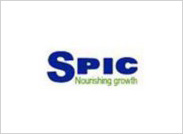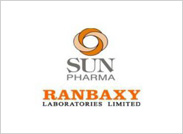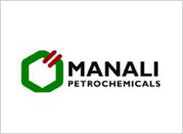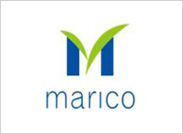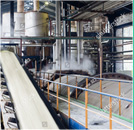Waste Water Treatment
Waste Water Treatment Chemicals by Sicagen are used to separate out the floating and suspended solids, odour, high metals concentration, foaming and hazy effluents. There are various chemicals used for waste water treatment with coagulants such as Bentonite Clay. It is effective in granular form and is used to purify sludge dewatering and wastewater. Polyaluminum Chloride offers good turbidity removal and used for domestic and industrial waste water treatment plans. Similarly, Polyaluminum Hydroxychloride is recommended for sanitation and industrial waste water treatment. Some of the industries also prefer Aluminium Chloride is used as sludge dewatering agent for sanitary and industrial waste water treatment application along with Aluminium Chlorohydrate which is a cosmetic used in water purification as a coagulant and antiperspirant. Flocculants are used to separate the dissolved and suspended compounds from the water. Sicagen is among the various top-notch Water Treatment Chemicals Companies in India that facilitate various companies and organizations with effective treatment of waste water. We also deal with de-watering, filtration aid, provide polyelectrolyte for oil and water separation. Among the latest technologies used by us include clarifiers, tube settlers, aeration, dissolved air floatation, flocculate, agitator and bioreactors which are efficient in treating waste water.
Sicagen Specchem understands that reduction in the concentration of heavy metals is an important part of the wastewater treatment process at your industrial plants. Many countries place limits on the concentration of various metals that may be discharged either directly to the environment or to a local treatment works. Further, the regulatory direction taken in the last five years has been much more restrictive in what metals and concentrations are permissible for water discharge into the environment.
Metals can find their way into wastewater generated as a result of various industrial processes including the following:
- Metal working operations
- Spent baths from plating and etching operations
- Rinse water from plating baths
- Casting operations
- Air scrubbers
- Ore process waters
- Dissolution of metal-containing catalysts
- Oil & gas extraction (produced water)
- Incidental corrosion, such as cooling tower blow down
Primary wastewater treatment systems include different types of physical-chemical treatment equipment depending on the components in the wastewater. Often, industrial wastewater contains toxic or hazardous amounts of chemicals, resulting from the industrial process; some chemicals may be suspended, while others are dissolved in this wastewater. Additionally, physical-chemical treatment removes suspended and dissolved particles contained in wastewater.
We understand that effective primary wastewater treatment is critical to your plant operations, whether you are discharging directly or treating prior to your biological wastewater treatment system.
An oily waste emulsion, in which oil is dispersed in the water phase, may contain any one of several types of oil in a wide range of concentrations. In addition to oils, typical contaminants of these emulsions may solids, silt, metal particles, emulsifiers, cleaners, soaps, solvents, and other residues. The type of oils found in these emulsions will depend on the industry. They may be fats, lubricants, cutting fluids, heavy hydrocarbons such as tars, grease, crude oils, and diesel oils, and also light hydrocarbons such as gasoline, kerosene, and jet fuel. Their concentration in the wastewater may vary from only a few parts per million to as much as 5-10 percent by volume. Treating the emulsion is usually accomplished using coagulants dosed at an appropriate level to neutralize the electrostatic charge.
Waste treatment antifoams are used to eliminate or control foam primarily in secondary treatment and final effluent areas in a waste treatment plant. Industries often in need of waste treatment antifoams include food processing plants, paper mills, refineries, municipalities, and petrochemical plants, and others.
We will work with you to identify and thoroughly analyze your foaming problems, allowing us to select and effectively apply the proper antifoam for your specific application.
Sicagen Specchem understands that odor problems are a nuisance to the community and a concern to your waste plant personnel. Wastewater odors range from musty smells to hazardous gases. Most of the odor producing compounds in domestic wastewater results from the anaerobic biological decomposition of organic materials. Industrial waste treatment systems also have specific odor sources and encounter unique problems in dealing with the odors. Understanding the source and nature of wastewater odors is a major step toward controlling problems, and we have many program options that can effectively help meet your needs.
We’ll work to deliver integrated solutions based on your specific needs.
Following primary treatment, wastewater is often sent to what is known as secondary treatment. In secondary treatment, up to 90 percent of the organic matter in the wastewater can be removed by leveraging naturally occurring biological processes. Although many types of plant layouts exist to biologically treat wastewater, they all rely on a healthy, well-acclimated population of microorganisms that require careful management. Various inputs like dissolved oxygen, temperature, and nutrient levels are all critical to the efficiency of the process. A final step, known as secondary clarification, allows wastewater to settle before it is reintroduced into the environment or sent for further treatment, which is often referred to as tertiary treatment.
We’ll work to deliver integrated solutions based on your specific needs.
Sludge dewatering is the removal of water from wastewater treatment solids slurry (sludge) in quantities greater than what is achieved by thickening. Mechanical processes and land dewatering techniques are detailed to aid in selecting the most appropriate method for the sludge under consideration. One major reason for dewatering is to decrease the capital and operating costs for final sludge disposal. Dewatering sludge solids from a 1 to a 20 percent solids concentration reduces volume by three-fourths and generates a cake-like material that has a non-fluid consistency.
We can also perform detailed system audits and diagnostics to prescribe the best chemical, equipment and service programs to maximize your system performance and efficiency.
As water resources become more and more constrained, so too will the need to identify appropriate methodologies to reuse existing water flows within a facility. To be successful in this endeavor, this requires an advanced knowledge of water quality requirements in various operations, as well as the best in class technologies to provide these prescribed water quality requirements. Sicagen Specchem utilizes a combination of a practical engineering approach and hands-on knowledge of system operation to design, build, operate and/or maintain the optimal reuse solution for each application and customer.

